Starting in curl 7.55.0 (this commit), curl will no longer try to ask HTTP proxies to perform non-HTTP transfers with GET, except for FTP. For all other protocols, curl now assumes you want to tunnel through the HTTP proxy when you use such a proxy and protocol combination.
Protocols and proxies
curl supports 23 different protocols right now, if we count the S-versions (the TLS based alternatives) as separate protocols.
curl also currently supports seven different proxy types that can be set independently of the protocol.
One type of proxy that curl supports is a so called “HTTP proxy”. The official HTTP standard includes a defined way how to speak to such a proxy and ask it to perform the request on the behalf of the client. curl supports using that over either HTTP/1.1 or HTTP/1.0, where you’d typically only use the latter version if you the first really doesn’t work with your ancient proxy.
HTTP proxy
All that is fine and good. But HTTP proxies were really only defined to handle HTTP, and to some extent HTTPS. When doing plain HTTP transfers over a proxy, the client will send its request to the proxy like this:
GET http://curl.haxx.se/ HTTP/1.1
Host: curl.haxx.se
Accept: */*
User-Agent: curl/7.55.0
… but for HTTPS, which should provide end to end encryption, a client needs to ask the proxy to instead tunnel through the proxy so that it can do TLS all the way, without any middle man, to the server:
CONNECT curl.haxx.se:443 HTTP/1.1
Host: curl.haxx.se:443
User-Agent: curl/7.55.0
When successful, the proxy responds with a “200” which means that the proxy has established a TCP connection to the remote server the client asked it to connect to, and the client can then proceed and do the TLS handshake with that server. When the TLS handshake is completed, a regular GET request is then sent over that established and secure TLS “tunnel” to the server. A GET request that then looks like one that is sent without proxy:
GET / HTTP/1.1
Host: curl.haxx.se
User-Agent: curl/7.55.0
Accept: */*
FTP over HTTP proxy
Things get more complicated when trying to perform transfers over the HTTP proxy using schemes that aren’t HTTP. As already described above, HTTP proxies are basically designed only for doing HTTP over them, but as they have this concept of tunneling through to the remote server it doesn’t have to be limited to just HTTP.
Also, historically, for decades people have deployed HTTP proxies that recognize FTP URLs, and transparently handle them for the client so the client can almost believe it is HTTP while the proxy has to speak FTP to the remote server in the other end and convert it back to HTTP to the client. On such proxies (Squid and Apache both support this mode for example), this sort of request is possible:
GET ftp://ftp.funet.fi/ HTTP/1.1
Host: ftp.funet.fi
User-Agent: curl/7.55.0
Accept: */*
curl knows this and if you ask curl for FTP over an HTTP proxy, it will assume you have one of these proxies. It should be noted that this method of course limits what you can do FTP-wise and for example FTP upload is usually not working and if you ask curl to do FTP upload over and HTTP proxy it will do that with a HTTP PUT.
HTTP proxy tunnel
curl features an option (–proxytunnel) that lets the user forcible tell the client to not assume that the proxy speaks this protocol and instead use the CONNECT method with establishing a tunnel through the proxy to the remote server.
It should of course be noted that very few deployed HTTP proxies in the wild allow clients to CONNECT to whatever port they like. HTTP proxies tend to only allow connecting to port 443 as that is the official HTTPS port, and if you ask for another port it will respond back with a 4xx response code refusing to comply.
Not HTTP not FTP over HTTP proxy
So HTTP, HTTPS and FTP are sent over the HTTP proxy fine. That leaves us with nineteen more protocols. What happens with them when you ask curl to perform them over a HTTP proxy?
Now we have finally reached the change that has just been merged in curl and changes what curl does.
Before 7.55.0
curl would send all protocols as a regular GET to the proxy if asked to use a HTTP proxy without seeing the explicit proxy-tunnel option. This came from how FTP was done and grew from there without many people questioning it. Of course it wouldn’t ever work, but also very few people would actually attempt it because of that.
From 7.55.0
All protocols that aren’t HTTP, HTTPS or FTP will enable the tunnel-through mode automatically when a HTTP proxy is used. No more sending funny GET requests to proxies when they won’t work anyway. Also, it will prevent users from accidentally leak credentials to proxies that were intended for the server, which previously could happen if you omitted the tunnel option with a few authentication setups.
HTTP/2 proxy
Sorry, curl doesn’t support that yet. Patches welcome!


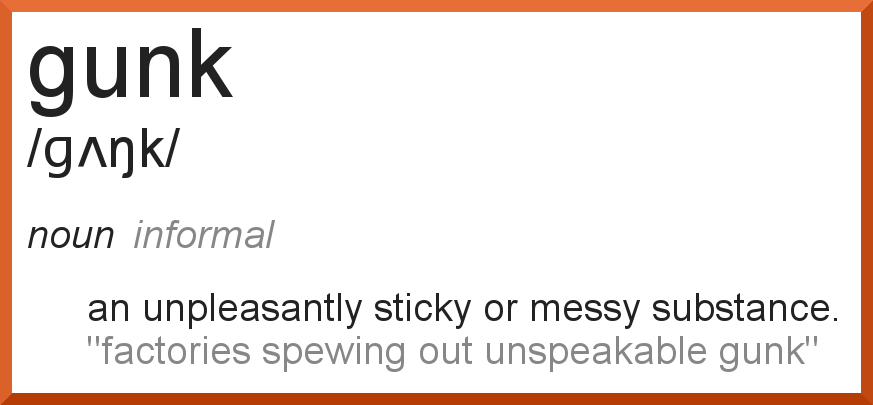
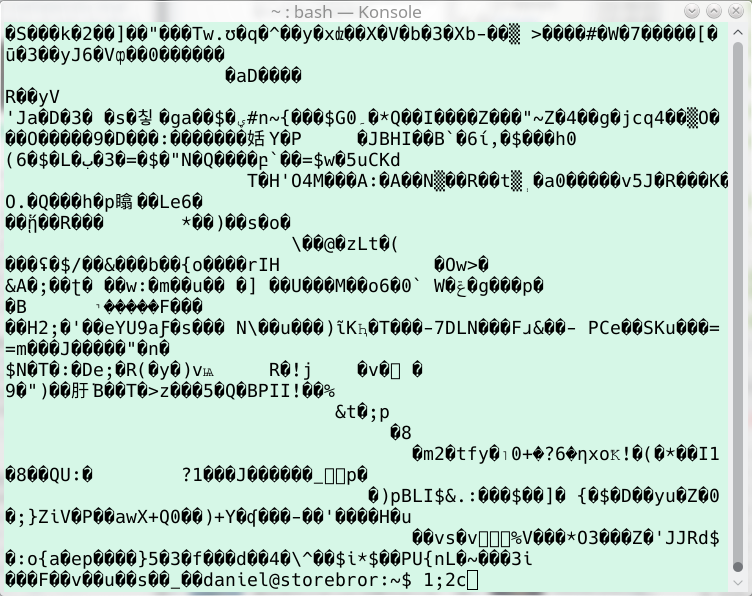


 (Season three, episode two)
(Season three, episode two)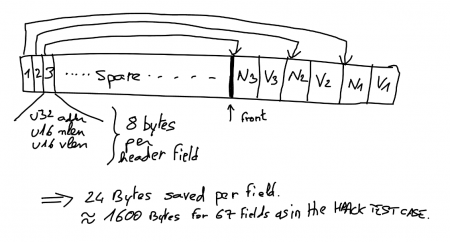



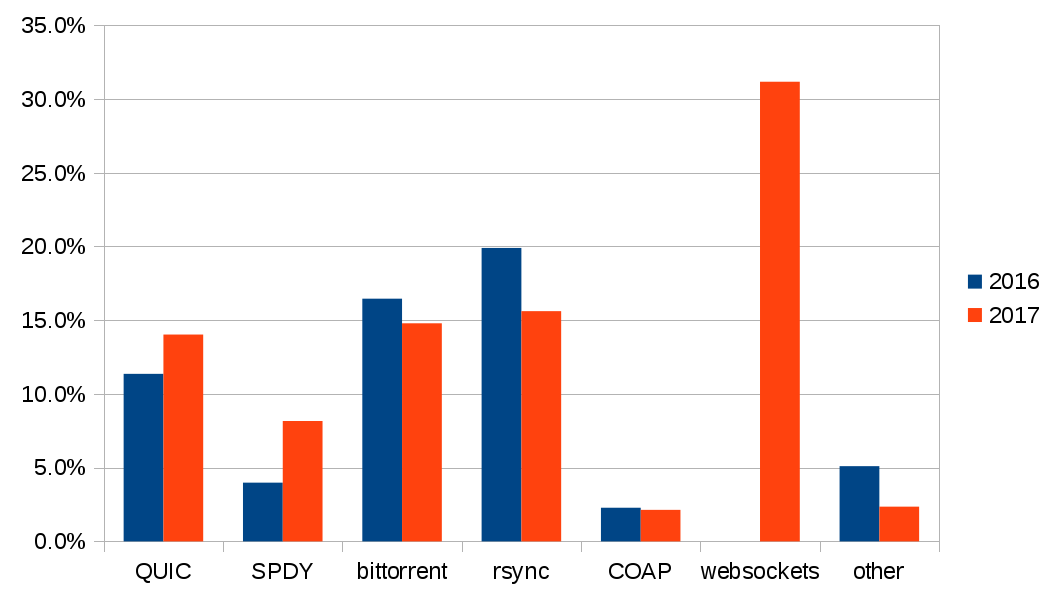

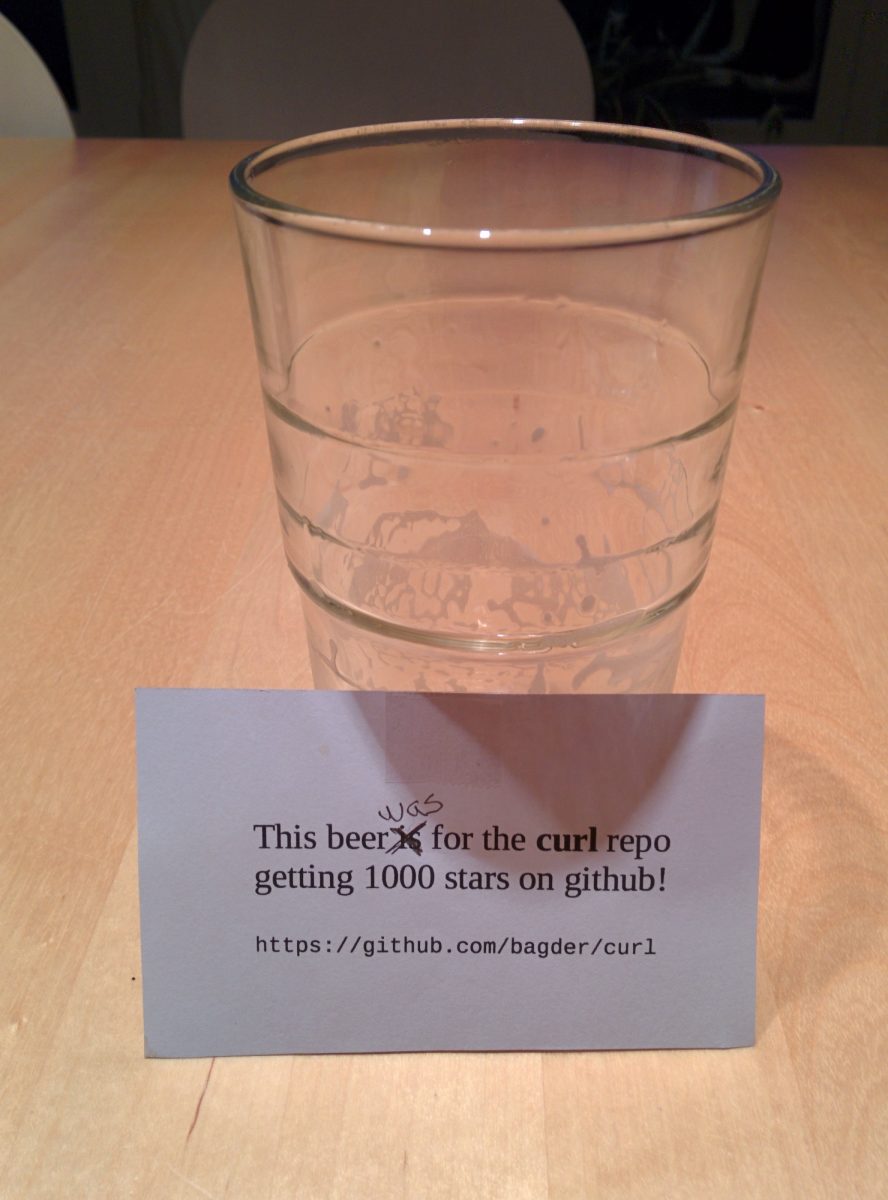



 A few years ago
A few years ago 
